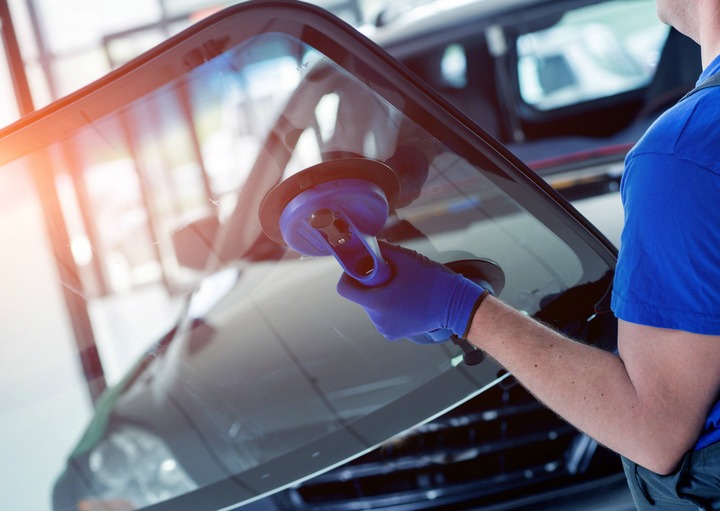Do Not Be Confused About Auto Repair Any Longer
Mar 14
There are times when you may need to have your car fixed. Automobiles are a big investment, and you should protect yourself by knowing how to maintain it. Read the following article so you know what to do if you need to repair your auto.
Don't neglect your regular maintenance. These scheduled visits are not there just to get more money from you. They are designed to make sure maintenance is done on specific components before you end up stranded on the side of the road. While you might be able to skip one or two and be okay, the damage will shorten the life of your car.
Communicate with your mechanic as much as possible. Explain the issues you have been encountering with your car and do not hesitate to ask questions to your mechanic if you do not fully understand the repairs that are needed. Ask about prices and do not let your mechanic fix your car until you fully understand charges.
When you are going to get your car repaired at a shop, ask the technician what type of parts they plan to use to get the job done. Many places use refurbished parts, but they would be willing to use new parts if you wanted to pay the extra money.
If you notice your windshield wipers are not removing all the water from your windshield when it rain, you may need to replace the blades. This is a simple fix anyone can do. Measure the blades and purchase new ones from an auto supply store. Remove the old ones and snap the new ones in place.
Test your car out after a repair has been done by a mechanic. Make sure it is operating correctly before full payment is made. If you don't do this, it's possible that the problem isn't even fixed.
Make sure you get a signed copy of the estimate for the repairs. You also need to make sure that the contract contains a clause that the shop must contact you before exceeding the total on the estimate. This will protect you from getting a surprise bill once work is completed.
In addition to basic tire changing equipment, keep a plastic tote filled with DIY auto repair supplies in the trunk of your car in case of emergencies. Fill it with at least a quart each of motor oil, transmission fluid, steering fluid, and brake fluid and a gallon of water. Add a can of penetrating oil spray, a roll of duct tape, twine, bungee cords and basic tools so that you can manage minor repairs on the road.
Make sure your auto technician is qualified to work on your specific car. Motor vehicles are complex machines and each brand has unique characteristics. Some brands require special tools, parts, and procedures. Many standard auto technicians either lack these items or don;t have them easily available. Without these items, they can't fix your vehicle.
A spare tire and a jack are valuable items to have in case of an emergency. They are usually included when you buy a car. Being stuck with a flat tire is not something anyone hopes for. Paying for someone to help is expensive. You can save money and have an easier time doing it on your own.
If your car's electrical system is behaving strangely, try cleaning the ground cables. Auto makers use the metal body of a vehicle to act as a "ground" for the electrical system. Over time the area where this cable connects to the frame can corrode, causing a stray electrical current that can wreak havoc on your system. This cable is usually connected on the firewall or fender, so simply disconnect it and use a wire brush or sandpaper to clean the contacts.
There are no standard warranties on repairs. Make sure you are aware of what your warranty covers and that you have it in writing. Warranties may have limitations such as deductibles, mileage, time, businesses authorized to do the warranty work or special steps needed to get reimbursement. Know your warranty rights.
Learn about car part classifications so that you are aware of what is going on during your repair. Parts can be new, refurbished, or salvaged. New parts are newly created to the specifications of the manufacturer. If you are offered parts that are reconditioned or rebuilt, this means that they have been re-manufactured so that they are like new. Salvage means that they are used and they have not been altered.
Before you pay the bill for any larger auto repair work, give your car a test drive. You want to make sure that the repairs were done to your satisfaction. If you haven't paid, it makes it much easier to talk about any lingering issues that may still be around that need further fixing.
You should now realize that improving your auto repair approach can save you time and money. The information in this article should have put your mind at ease. Keep in mind all the advice that has been discussed so that you can do what is right.

